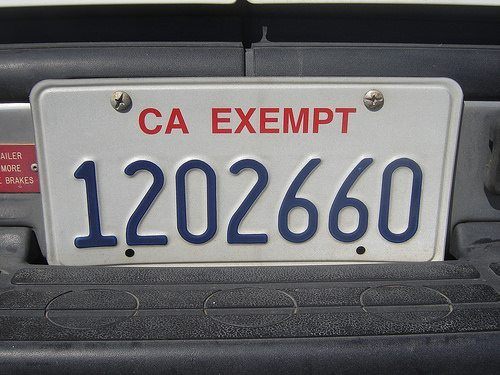The Residential Property Disclosure Act sets forth the requirements for completing the Seller Disclosure as well as the fifteen exclusions to the Act. SC Code § 27-50-30 excludes certain types of transactions from the article. If the seller falls into one of these categories, a Seller Disclosure is not required. Here they are paraphrased.
The exempt transfers include:
- When a court order requires a transfer of title. An example would be a foreclosure sale, bankruptcy, receiver or eminent domain.
- A deed issued in lieu of foreclosure.
- A fiduciary in the course of administration of an estate, guardianship, conservatorship or trust. An example is when the estate or a trust sells property. The personal representative or the trustee does not have to complete a disclosure in these cases.
- From one co-owner to another co-owner.
- A deed to a spouse or family member that is in the lineal line of consanguinity. This means parent or grandparent to a child or grandchild for example.
- Between spouses resulting from divorce decree or support order.
- A tax deed.
- To or from the federal government. This would include agencies such as FANNIE MAE, FREDDIE MAC, HUD, VA, etc.
- To the state government or its agencies or departments including State Housing.
- The first sale of a house that has never been inhabited. New construction never lived in would be an example.
- Property sold at an auction.
- Deed from a residential trust.
- When the parties agree in writing that no disclosure statement will be completed. Simply stated, if the buyer and seller agree that the seller will not provide a disclosure one is not required.
- Vacation time sharing plan.
- Vacation multiple ownership.
The most common exemptions you will see as a real estate agent include the sale of properties as new construction (10), by federal (8) or state (9) agencies or properties sold by an estate or trust (3).
It is also important to note who is not exempt from completing the disclosure:
- Companies, corporations, partnerships, etc.
- Businesses.
- Landlords.
- Owners who have never lived in the property.
- Non-profits such as churches.
More Seller Disclosure information in future tips.
Today’s historical fact: Gregg Street was originally named Winn Street after Revolutionary War General Richard Winn. The street was later renamed after Maxcy Gregg a Civil War hero. Gregg was born in Columbia in 1814. He practiced law with his father until the war. He organized the 1st South Carolina Volunteers and served as the regiment’s first Colonel. He eventually became a Brigadier General during the Civil War and was killed at the Battle of Fredericksburg.
Photo by orangetruck1 

